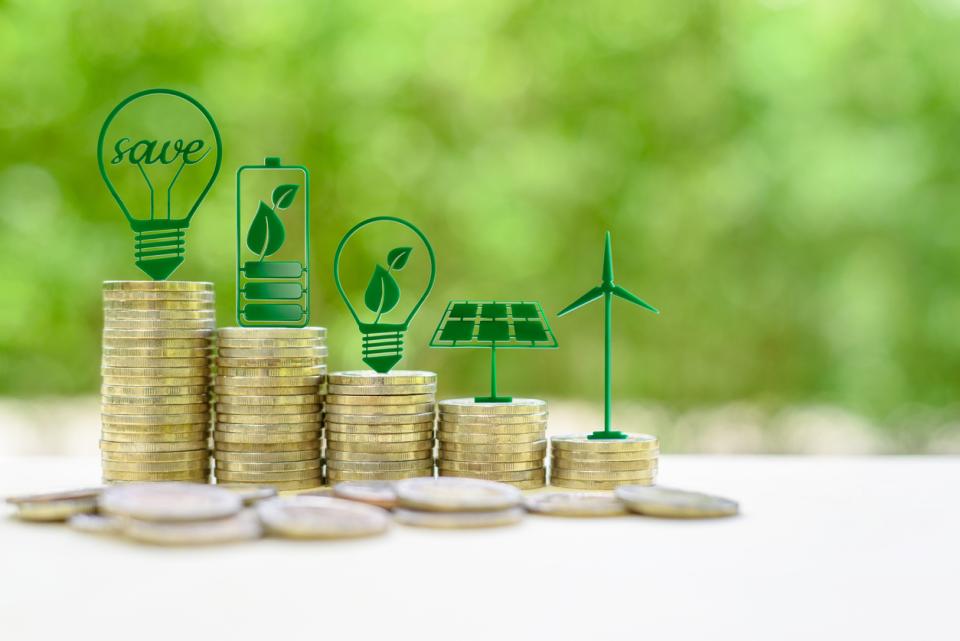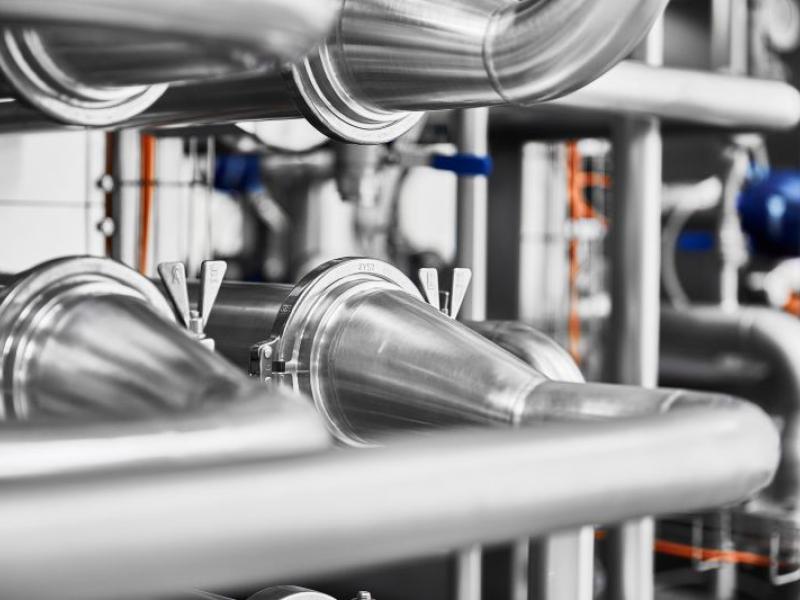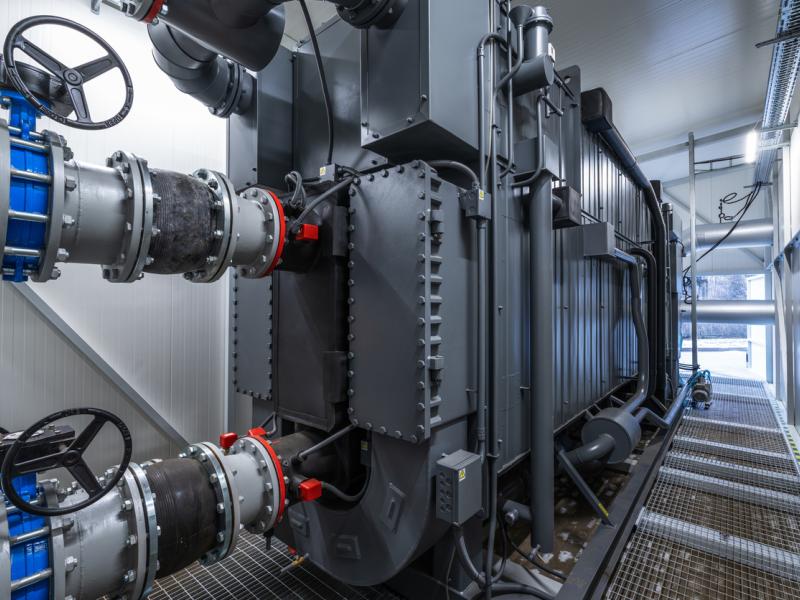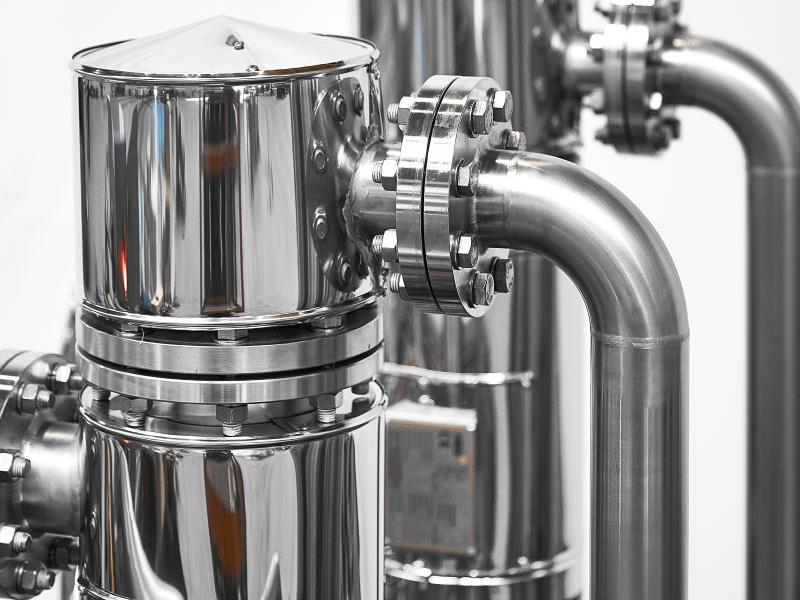CEP has added another European heavy hitter to its conference programme for 2025 with Peter Sweatman, CEO of Climate Strategy & Partners, just announced as a Keynote.
Madrid-based Sweatman has over 30 years in finance with more than 20 of them specialising in climate finance and energy efficiency. For ten years, he worked with the EU Commission and UN’s Energy Efficiency Financial Institutions Group (EEFIG) and for five years was the G20’s technical lead for its Energy Efficiency finance task group.
Peter was Founder and Chairman of Energy Efficiency Capital Advisors, an expert solution provider and finance structuring partner for over €60 million (NZ$113m) of finance for energy savings and on-site power across Spanish cities and was a founder advisor to the Climate Bond Initiative. He is also a visiting lecturer at IIT-Comillas, IE and UAM universities (all Madrid).
Commenting on the announcement, CEO of CEP, Dr Mike Hopkins said: “Europe is far ahead of New Zealand on energy efficiency, especially when it comes to financing efficiency projects. Peter has been at the forefront of developing efficiency funding strategies, products and services for over 20 years, working with the largest global institutions and with Europe’s largest finance providers to develop products and packages that deliver excellent investment returns from efficiency retrofits. Peter has proven over many years efficiency retrofits can be done to the benefit of owners, tenants and investors and there’s no reason New Zealand can’t enjoy those efficiency savings and emissions reductions as well. I urge the New Zealand financial sector to come along and see how they can make excellent returns for their investors while improving the ESG credentials of their portfolios.”






